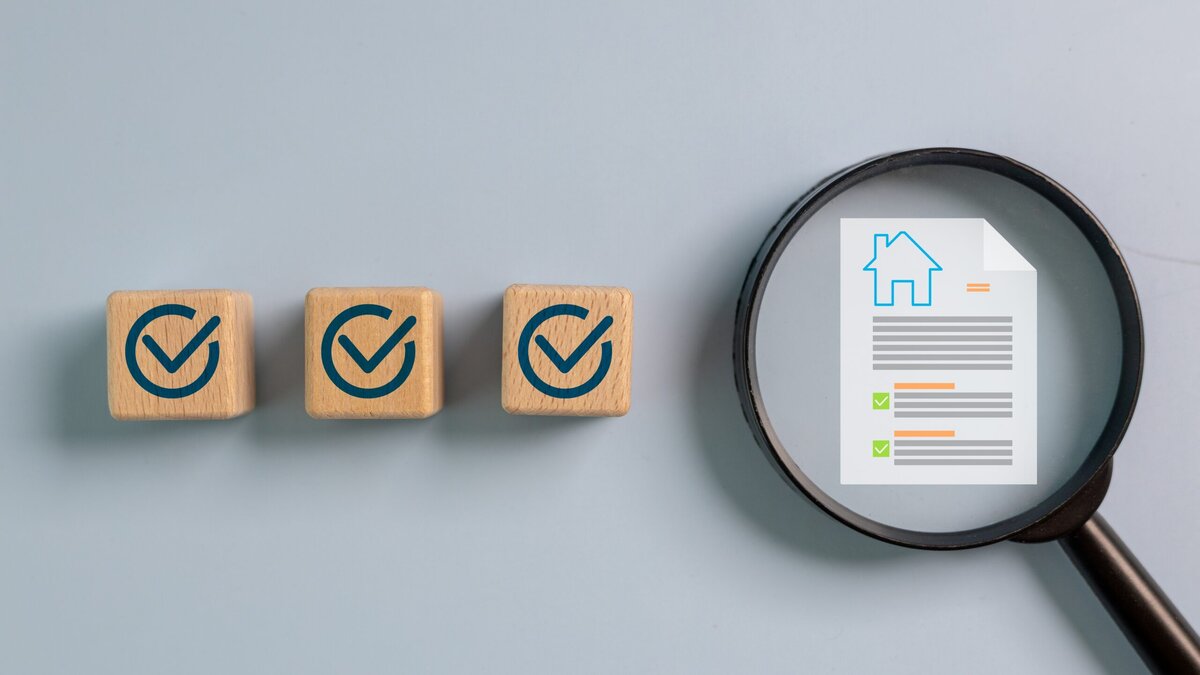What You Need to Know before commencing Personal Injuries Action – Importance of Compliance with Pre-Action Protocol in Practice Direction 18.1
Introduction
Before parties commence a personal injury proceedings in the Court, parties are required to adhere to, amongst others, the Pre-Action Protocol in Practice Direction 18.1 (“PD 18.1”). The importance of abiding to the Pre-Action Protocol is highlighted in the decision of Mak Shiu Cheung v Luk Man Tai [2023] HKDC 1801.
Facts of the case
This case concerns a traffic accident case, the facts of which are straightforward: the vehicle that the Plaintiff drove on was hit by the Defendant’s vehicle and the Plaintiff sustained personal injuries as a result.
On 2 May 2023, the Plaintiff’s solicitors issued a Letter of Claim as per PD 18.1 to the Defendant (“Letter of Claim”). However, the Letter of Claim (1) did not disclose the fact that there has been an Employees’ Compensation Action already commenced on behalf of the Plaintiff in respect of the accident; and (2) did not disclose documents relating to the issue of quantum such as medical reports and records as well as the Plaintiff’s earning records such as payrolls and tax returns.
The Defendant replied to the Letter of Claim on 11 May 2023, which was within one month after the Letter of Claim was sent to the Defendant. In the reply letter, the Defendant requested for documents and information such as the Plaintiff’s payroll records and all documents related to the Employees’ Compensation Action (“Reply Letter”).
The Plaintiff’s Solicitors did not respond to the Reply Letter and instead commenced the proceedings by issuing the Writ, filing and serving the Statement of Claim and Statement of Damages around 3.5 months later on 22 August 2023.
The Defendant took out a Summons on 7 September 2023 (the “Summons”), asking for:-
- Stay of proceedings of 3 months from the date of order (“Issue 1”);
- Plaintiff to make discovery of documents to the Defendant as required under paragraph 66 of PD 18.1 and the Reply Letter and comply with PD 18.1 as to constructive communication and engagement of a single joint expert (“Issue 2”);
- Plaintiff to be disallowed of the costs of preparation of the Statement of Claim and Statement of Damages (“Issue 3”); and
- Costs of the present application be to the Defendant (“Issue 4”).
Ruling of the Court
There is no dispute as to Issue 1 and Issue 3 as the Plaintiff conceded and agreed to waive the costs for the preparation of the Statement of Claim and Statement of Damages and to stay the proceedings for a period of 3 months.
The real dispute is on Issue 2 and Issue 4.
Regarding Issue 2, the Plaintiff argued that it was not necessary to take out the Summons and that the Plaintiff had to commence a legal proceedings because, amongst others, the Defendant failed to give a constructive reply in their Reply Letter as to whether the insurer of the Defendant will admit liability and whether there will be third party which may be at fault and that the Plaintiff would be time-barred if the legal proceedings was not commenced.
The Court found for the Defendant, stating that:-
- The Plaintiff failed to contain all the basic information and documents specified in PD 18.1 in his Letter of Claim, particularly there is a lack of particulars regarding the Employees’ Compensation Action and failure to disclose the relevant quantum documents;
- The Plaintiff’s solicitors is the solicitors on record for both the Personal Injuries Action and Employees’ Compensation Action and therefore this is not a case where the Plaintiff does not have knowledge on the Employees’ Compensation Action;
- This is not a case where the Plaintiff was unaware of the existence of quantum documents such as medical reports and records and income proof as these documents were filed in the list of documents in the Employees’ Compensation Action prior to the issuance of the Letter of Claim of the Personal Injuries Action;
- This is also not a case where such quantum documents can be obtained by the Defendant by other means;
- Admission of liability is not a prerequisite for an initial reply to be amounted to a “constructive reply”;
- The current proceedings most likely could have been avoided if the Plaintiff had complied with the Pre-Action Protocol; and
- Even so, the Plaintiff failed to comply with PD 18.1 as it had not served the Writ and Statement of Claim along with other documents such as statement of facts and finding of guilt, documents on post-accident earnings, pre-accident earnings, statement by the Plaintiff and other eye-witnesses when they were available and were not served under the Pre-Action Protocol.
The Court repeatedly emphasized that the importance of strict compliance to the Pre-Action Protocol in PD 18.1. The rationale behind the Pre-Action Protocol in PD 18.1 is to encourage early settlement of the matter in order to save time and costs for parties and the Court. The burden lies with the Plaintiff to include and disclose the basic information and documents specified in Appendix A and Schedule A of PD 18.1. The Court highlighted that any half-hearted and half-baked attempt to purportedly comply with the Pre-Action Protocol would not be tolerated by the Court and a simple “oversight” will not generally be accepted. Any unnecessary costs incurred or wasted would result in adverse cost consequences and even a wasted costs order (i.e. an adverse costs order made to penalize a party’s improper conduct).
As to costs (Issue 4), the Court suggested that the Defendant had good grounds to ask for a wasted costs order against the Plaintiff or Plaintiff’s solicitors and costs on an indemnity basis. However, in view of Defendant’s concession, the Court only ordered for a disallowance of costs on the Plaintiff for preparation of the Statement of Claim and Statement of Damages and the costs of and occasioned by the application be to the Defendant on a party-and-party basis.
Key Takeaways
In a personal injury claim, the plaintiff is required to adhere and ensure compliance to the Pre-Action Protocol in PD 18.1 to provide the requested documents and information to the defendant to facilitate the defendant’s investigation to the matter and for achieving early settlement between the parties. Failure to comply with the Pre-Action Protocol would lead to costs consequence and even a wasted costs order.
Should you have any questions, please feel free to contact us.
Disclaimer: This article is for reference only. Nothing herein shall be construed as Hong Kong legal advice or any legal advice for that matter to any person. Oldham, Li & Nie shall not be held liable for any loss and/or damage incurred by any person acting as a result of the materials contained in this article.
 香港中環雪厰街二號聖佐治大廈五樓503室
香港中環雪厰街二號聖佐治大廈五樓503室 +852 2868 0696
+852 2868 0696


















